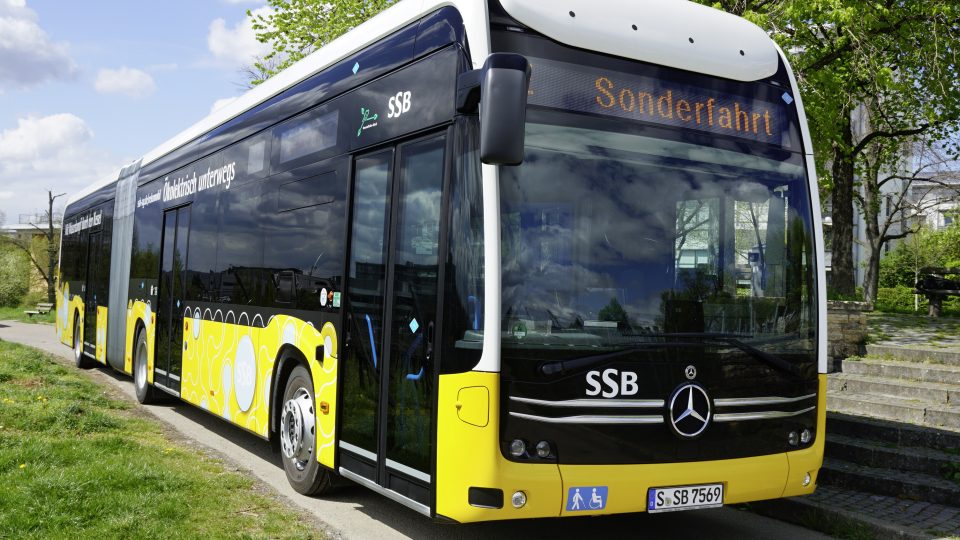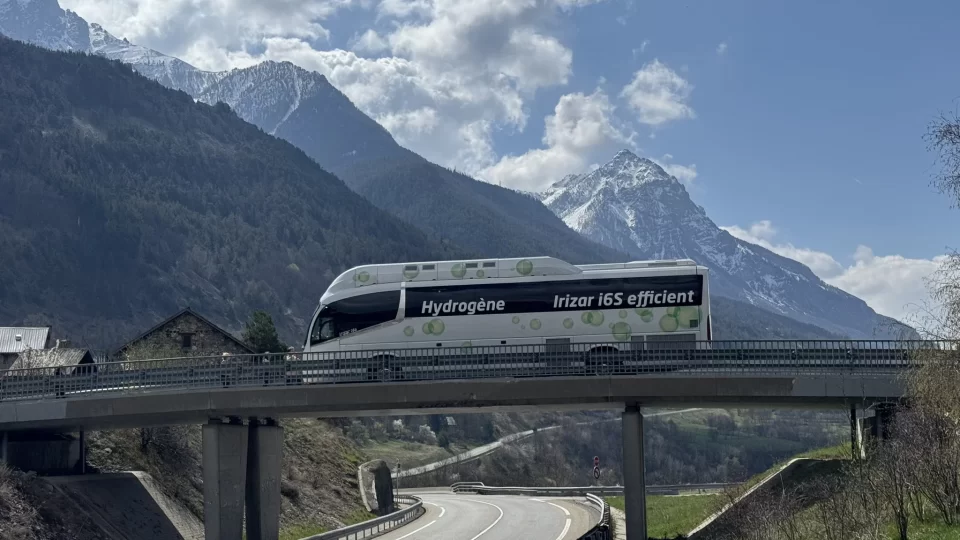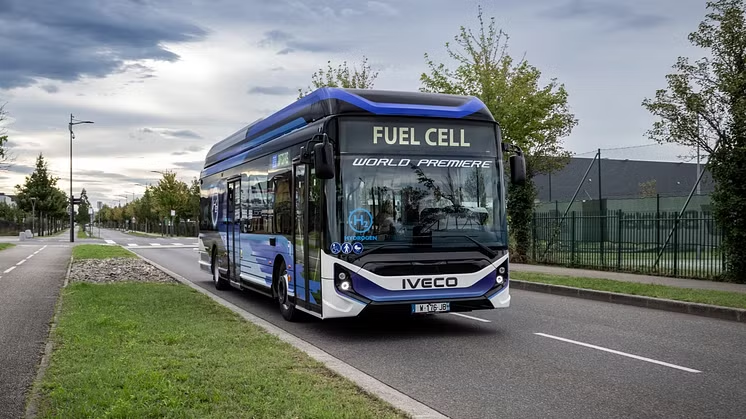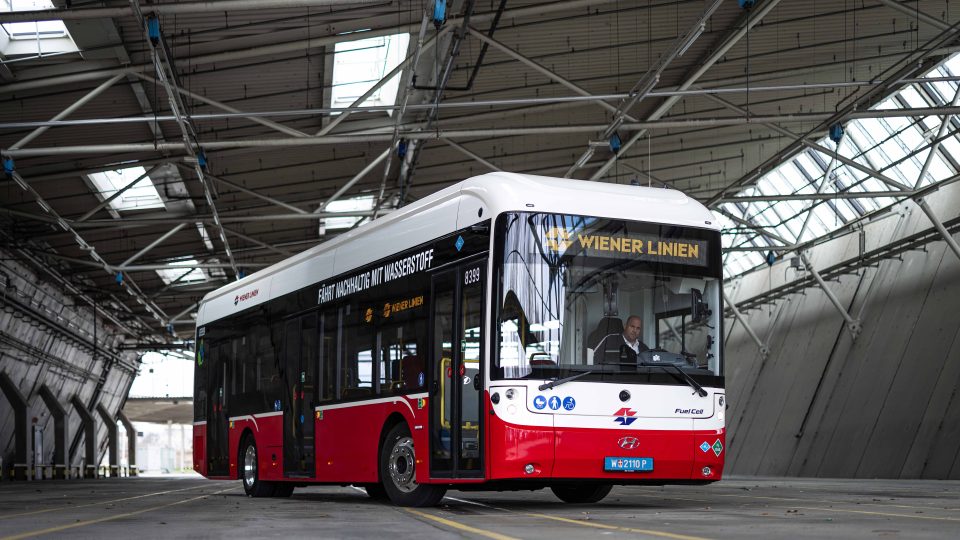German carrier WestVerkehr receives 12 buses from Wrightbus
Wrightbus has delivered twelve fuel cell buses to the German carrier WestVerkehr GmbH. The public transport company will use the Kite Hydroliner FCEV between Heinsberg, Hückelhoven and Erkelenz, close to the border with the Netherlands. This means that 43 battery-electric hydrogen buses from Ballymena in Northern Ireland are already travelling on German roads, including in […]
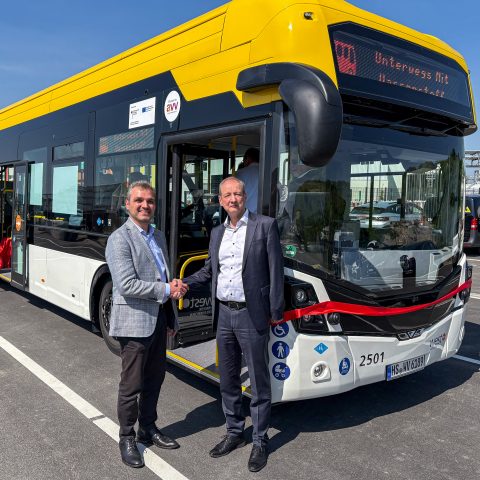
Wrightbus has delivered twelve fuel cell buses to the German carrier WestVerkehr GmbH. The public transport company will use the Kite Hydroliner FCEV between Heinsberg, Hückelhoven and Erkelenz, close to the border with the Netherlands.
This means that 43 battery-electric hydrogen buses from Ballymena in Northern Ireland are already travelling on German roads, including in the calculations the ones delivered in Cologne to RVK, 31 units so far. “There will be around 130 by the end of 2025”, announced the CEO of the Wrightbus Group, Jean-Marc Gales.
Wrightbus towards a European expansion
Wrightbus has also opened a European service centre in Brühl near Cologne. The service centre including spare parts warehouse in Brühl is the first step on the way to a comprehensive network of service centres on the continent. Such a network already exists in the United Kingdom.
Additional bus deliveries for Saarbahn GmbH (28 Kite Hydroliners), Cottbusverkehr GmbH with Spree-Neiße-Cottbusverkehr GmbH (46 Kite Hydroliners) and Vestische Straßenbahnen GmbH (5 Kite Hydroliner FCEVs) are on the agenda.
The Kite Hydroliner FCEV can accomodate up to 90 passengers. The buses for WestVerkehr meet the high requirements of the VDV (Association of German Transport Companies) and the European General Safety Regulation (GSR2).
The contract to supply green hydrogen was awarded to the H2HS project, a consortium of companies from the district.
The highlight of the event was the ceremonial cutting of a red ribbon by WestVerkehr Managing Director Udo Winkens – a symbolic act to mark the official commissioning of the buses: “By participating in this project, WestVerkehr is emphasising its commitment to environmentally friendly, future-oriented mobility. Together with the partners in the H2HS consortium, we are actively driving forward the transformation of local public transport – innovative, emission-free and close to people.”
Hartmut Höppner, State Secretary at the Federal Ministry for Digital and Transport Affairs: “The purchase of hydrogen buses offers real added value: they are quieter, more environmentally and climate-friendly and thus contribute to a better quality of life and environment for people in our cities and villages. The use of new technologies reduces noise levels and pollution. As BMDV, we are therefore pleased to support WestVerkehr GmbH’s initiative to switch to alternative drive systems with 3.4 million euros. This is good news for the citizens of the region as well as for climate and environmental protection.”



